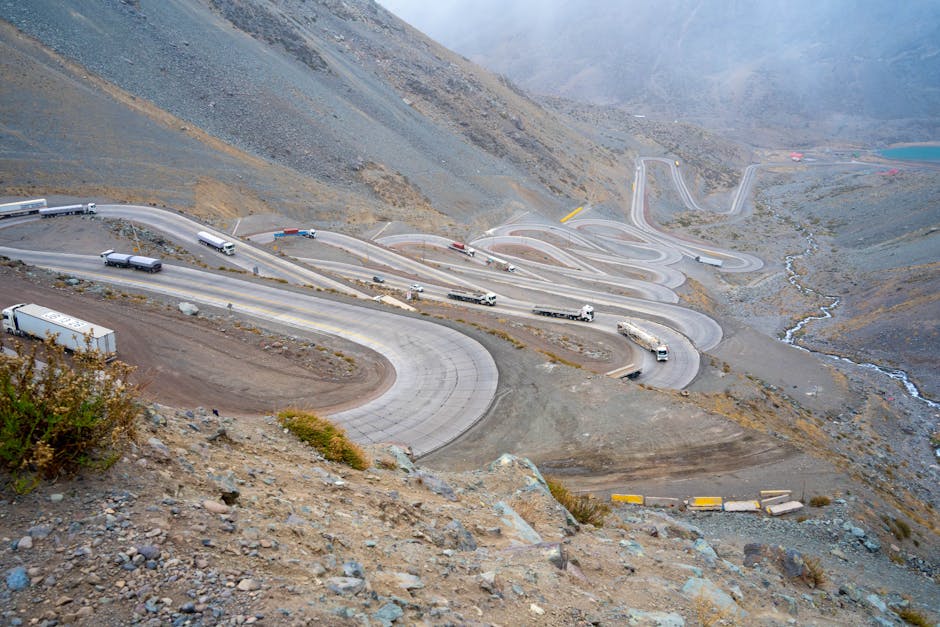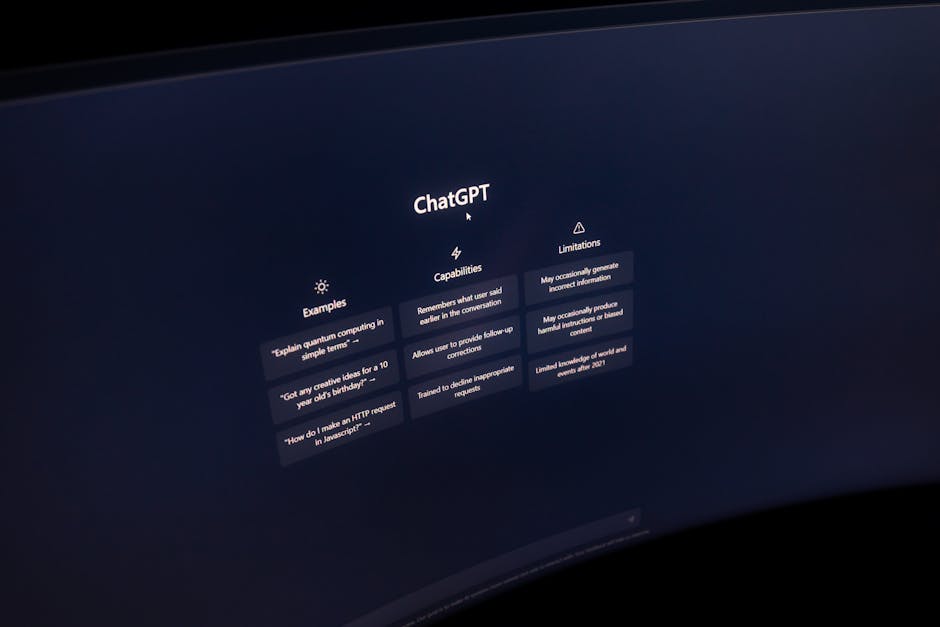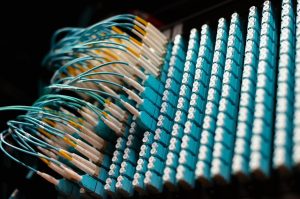
Bridging the Digital Divide: How African Fiber Companies are Transforming Connectivity
Bridging the Digital Divide: How African Fiber Companies are Transforming Connectivity
African fiber companies are playing a crucial role in bridging the digital divide by expanding internet access and improving connectivity across the continent. With many Africans still lacking access to reliable and affordable internet, these companies are working to address this issue and provide opportunities for economic growth, education, and social development. In this article, we will explore the ways in which African fiber companies are transforming connectivity and helping to bridge the digital divide.
The digital divide refers to the gap between individuals, households, businesses, or geographic areas that have access to modern information and communication technologies, such as the internet, and those that do not. In Africa, this divide is particularly pronounced, with many countries struggling to provide reliable and affordable internet access to their citizens. According to the International Telecommunication Union (ITU), in 2020, only 22% of the African population had access to the internet, compared to 47% in Europe and 43% in the Americas.
However, in recent years, there has been significant progress in expanding internet access across Africa, driven in part by the growth of fiber optic networks. Fiber optic cables have the capacity to transmit large amounts of data at high speeds, making them ideal for providing fast and reliable internet access. African fiber companies, such as Liquid Telecom, MTN, and Vodacom, have been at the forefront of this effort, investing heavily in the development of fiber optic infrastructure across the continent.
Expanding Fiber Optic Networks
One of the key ways in which African fiber companies are transforming connectivity is by expanding fiber optic networks. This involves laying down fiber optic cables, which can be used to provide internet access to homes, businesses, and institutions. Fiber optic cables have a number of advantages over other types of internet infrastructure, including higher speeds, greater reliability, and lower latency. They are also more secure and less prone to interference, making them ideal for applications that require high levels of security and reliability, such as banking and healthcare.
For example, Liquid Telecom has built a fiber optic network that spans over 70,000 kilometers, connecting major cities and towns across eastern, central, and southern Africa. This network provides fast and reliable internet access to millions of people, supporting economic growth, education, and social development. Similarly, MTN has invested heavily in the development of fiber optic infrastructure, with a focus on providing high-speed internet access to homes and businesses in urban and rural areas.
Improving Internet Access
African fiber companies are also working to improve internet access by providing affordable and reliable internet services to individuals and businesses. This involves offering a range of internet plans and packages, including low-cost options for low-income households and small businesses. It also involves investing in the development of digital infrastructure, such as data centers and cloud services, to support the growing demand for online services.
For instance, Vodacom has launched a range of affordable internet plans, including a low-cost option that provides 1GB of data for just $1. The company has also invested in the development of digital infrastructure, including a state-of-the-art data center in Johannesburg, to support the growing demand for online services. Similarly, MTN has launched a range of digital services, including mobile money and online education platforms, to support economic growth and social development.
Supporting Economic Growth
The expansion of fiber optic networks and improvement of internet access are also supporting economic growth in Africa. With fast and reliable internet access, businesses can operate more efficiently, communicate with customers and suppliers, and access new markets and opportunities. This is particularly important for small and medium-sized enterprises (SMEs), which are the backbone of many African economies.
For example, a study by the World Bank found that a 10% increase in broadband penetration can lead to a 1.3% increase in economic growth. Similarly, a report by the African Development Bank found that the adoption of digital technologies, including fiber optic networks, can increase economic growth by up to 2% per year. African fiber companies are playing a key role in supporting this growth, by providing the digital infrastructure and services that businesses need to succeed.
In conclusion, African fiber companies are transforming connectivity and helping to bridge the digital divide by expanding fiber optic networks, improving internet access, and supporting economic growth. With their investments in digital infrastructure and services, these companies are providing opportunities for economic growth, education, and social development, and are helping to address one of the major challenges facing the continent. As the demand for digital services continues to grow, it is likely that African fiber companies will play an increasingly important role in shaping the continent’s digital future.






